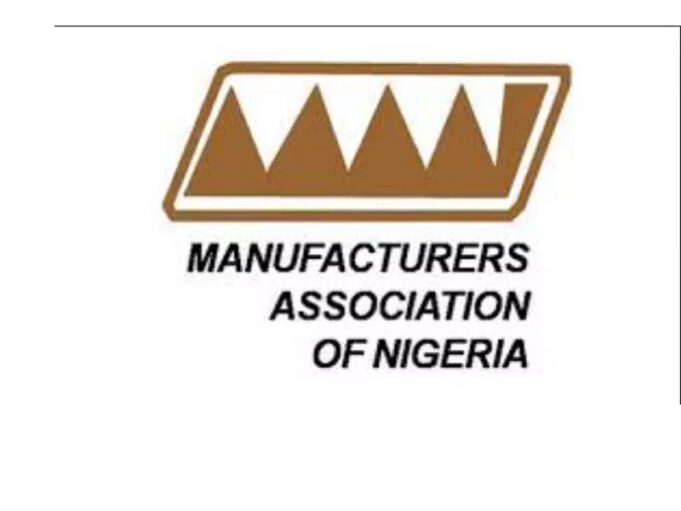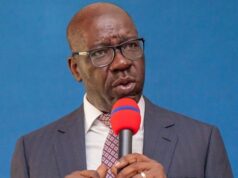The Manufacturers Association of Nigeria (MAN) has called for the discontinuation of the Expatriate Employment Levy (EEL) recently introduced by the Federal Government.
MAN said the EEL would ruin the trust and confidence President Bola Tinubu is striving hard to build among domestic and foreign private investors, noting that unintended negative consequences on the manufacturing sector were huge and cannot be accommodated at the time of evident downturn in Nigeria’s economy.
The association said this in a statement issued by its Director General, Segun Ajayi-Kadir, on Tuesday, March 5, 2024.
Ajayi-Kadir, who stated that 767 manufacturers shut down operations while 335 became distressed in the country in 2023, described the levy as a punishment imposed on investors for daring to invest in Nigeria and indigenous companies for employing needed foreign nationals.
He said: “The imposition of EEL poses a potential impact on the manufacturing sector and the economy at large. This will in turn mark an unwarranted and unprecedented addition to the cost of doing business in Nigeria, especially to manufacturers.
“The manufacturing sector is already beset with multidimensional challenges. In 2023, 335 manufacturing companies became distressed and 767 shut down.
“The capacity utilization in the sector has declined to 56%; interest rate is effectively above 30%; foreign exchange to import raw materials and production machine inventory of unsold finished products has increased to N350 billion and the real growth has dropped to 2.4%.
Tinubu launches expatriate employment levy for job opportunities
“Expatriates in Nigeria currently pay more than $2000 for CERPAC. The sector cannot afford another disincentive to increased investment and portfolio expansion.
“MAN is concerned that the EEL contradicts our international trade agreements and the obligations contained therein.”
He added: “It will deter multinational companies from either investing in Nigeria or setting up regional headquarters in the country. Also, the levy will make Nigeria a more expensive location for global expertise that international companies require for their operations.
“We are equally worried that the imposition of such a levy that could have far-reaching implications for our national economy and potentially exert pressure on our national currency could be introduced through a Handbook, rather than a law enacted by the National Assembly.”
The MAN DG, therefore, urged President Tinubu to give due consideration to the association’s recommendation and direct that the implementation of the Expatriate Employment Levy be discontinued.
“This directive is in the overall interest of our national economy and is urgently needed to reassure the domestic and foreign investors of Nigeria’s commitment to an investment-friendly environment and ease of doing business,” Ajayi-Kadir stressed.
- 2024 WASSCE commences April 30 - April 29, 2024
- Obaseki raises minimum wage for Edo workers to N70,000 - April 29, 2024
- Thiago Silva to leave Chelsea after 4 years - April 29, 2024










